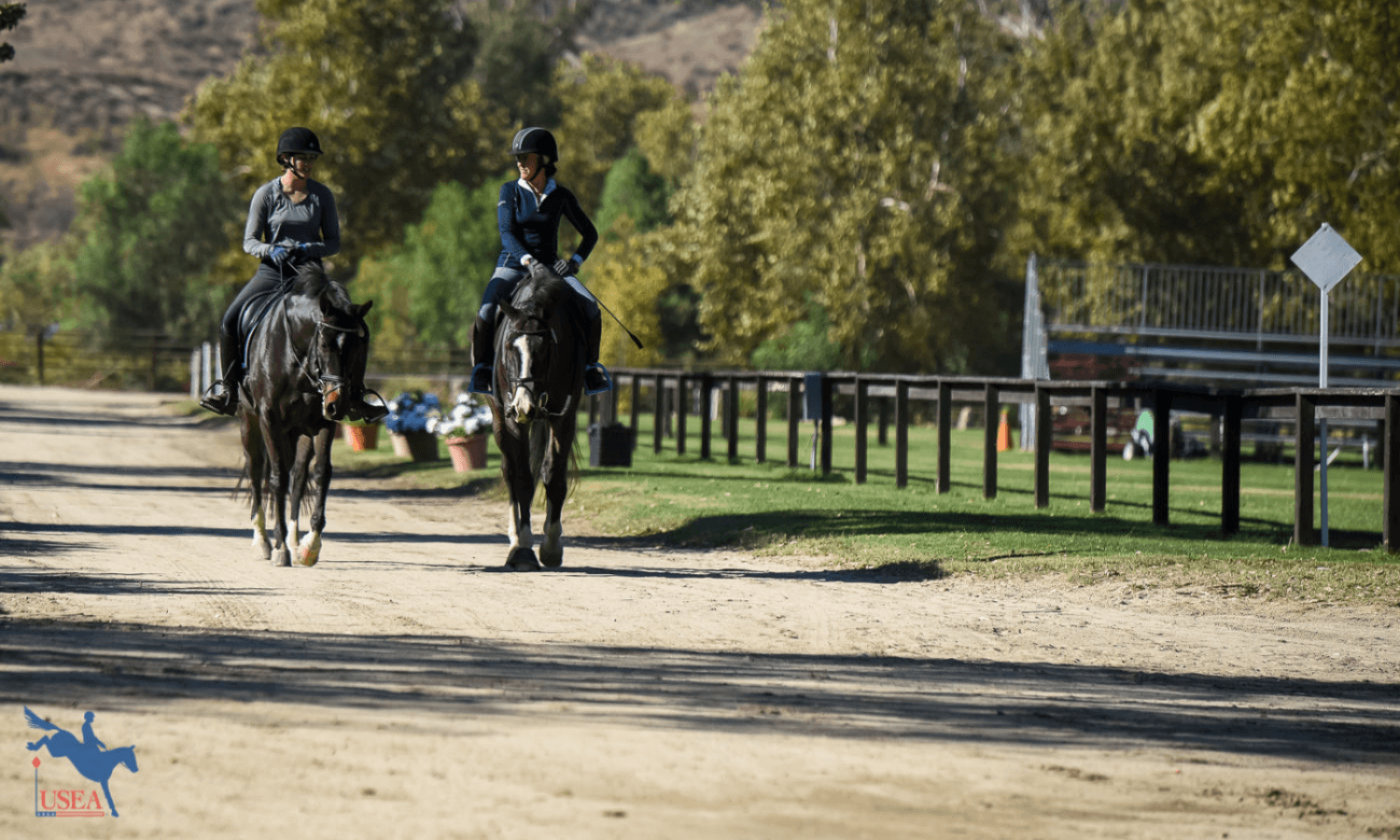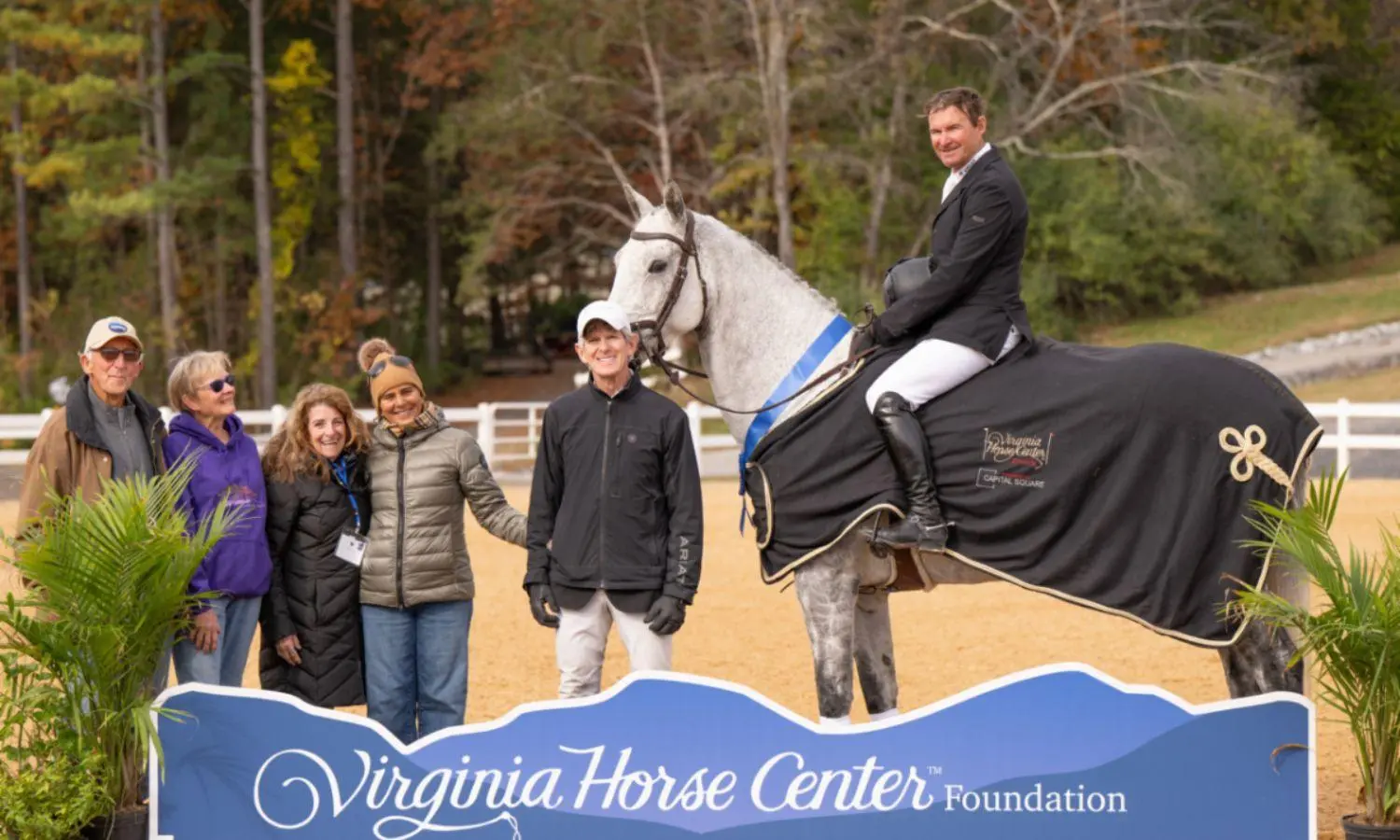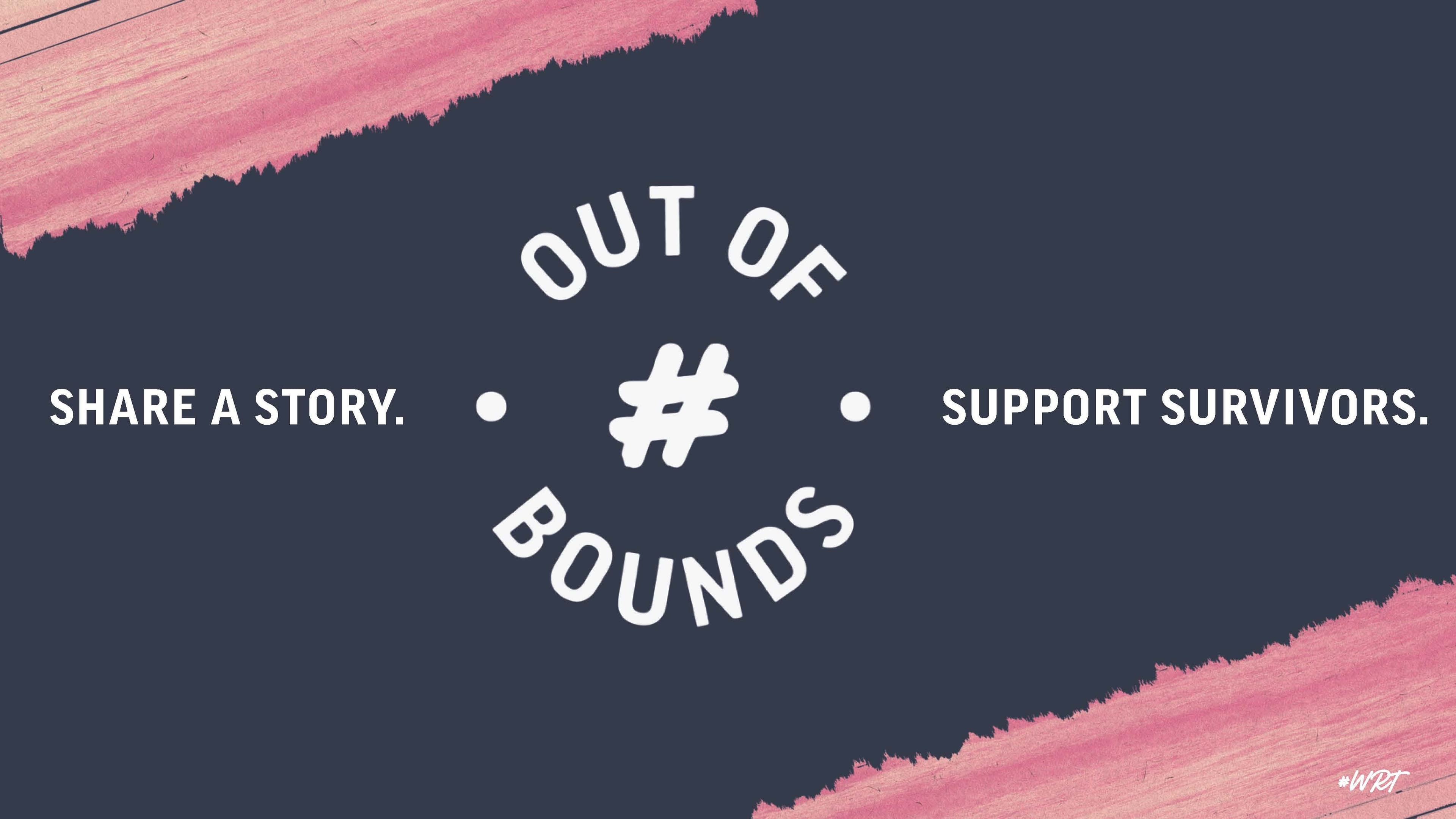Pressure Proof with Daniel Stewart: Outcomes and Outgroups

Chances are pretty high that you’ve experienced show-jitters before. Maybe it was before an important competition, a clinic with an unknown clinician, your first group lesson, or riding in front of a friend or family member for the first time. Regardless of the situation, you’ll probably agree that performance anxiety is one thing you’d rather avoid.
The problem with show-jitters is that it creates pressure: pressure to avoid messing up or letting people down, or the pressure to look good or risk having others think you’re bad. Sadly pressure, even self-imposed pressure like show-jitters, results in three unfortunate outcomes that I often refer to as speed up, freeze up, and forget.
Speed up: Pressure makes you tighten up and speed up. This is why you walk and talk fast when you’re nervous and why you rush your fences or collapse your corners when feeling anxious.
Freeze up: Pressure makes it difficult for you to make decisions (your brain’s decision-making-center freezes up). This is why deer get stuck in your headlights and why you might freeze up while trying to decide whether to collect or extend your horse before a fence.
Forget: Pressure makes you forgetful. Psychologists call it stress-induced amnesia (what else!) and it’s what makes you forget your keys in a rush and what makes it hard to remember your courses during an important competition even though it’s easy to remember when you’re at the barn Tuesday afternoon.
When combined together, speed up, freeze up, and forget is what makes show-jitters so frustrating and upsetting, and what makes it so important for you to avoid having it happen to you. Before you can do that, however, you’ll need to first understand the two main causes of show-jitters:
1) Outcomes: Worrying about losing, failing, falling, or embarrassment are four common causes of show-jitters. Together these worries are called outcome-directed thoughts because they focus on the outcome of an event. Unfortunately, when you focus on outcomes rather than efforts, you invite in show-jitters because your brain gets stuck worrying about what might happen in the future rather than staying focused on the positive efforts you can make in the present.
2) Outgroups: Worrying about spectators, judges, letting someone down, and comparing yourself to others are four common causes of show-jitters. Together these thoughts are called outgrouping because they focus on someone other than you. Unfortunately, when you focus on others you create show-jitters because your brain gets stuck focusing on other people, instead of you and all the important jobs you have to succeed.
When you unintentionally direct your thoughts toward outcomes and outgroups you create what I like to call wonder, wish, and worry (you wonder what the judge is thinking, wish the spectators weren’t watching, and worry you’ll lose). This is how show-jitters are created and the really weird thing is that it’s a choice. Only you can cause show-jitters because only you can decide whether you’re going to focus on outcomes and outgroups or on yourself and your efforts.
So this week, step back a bit and examine how you think about show-jitters. You’ve always tried to avoid them, but have you really thought about what causes them? Now that you know, get rid of show-jitters by removing outcomes and outgroups so you can finally just focus on yourself and your efforts.
I hope you enjoyed this month's Pressure Proof tip. If you experience show-jitters and would ever like to speak with me in person in person just email me at [email protected]. Beginning this month I’ll be re-starting my private phone consultations and I’m certain you’d find them both enjoyable and beneficial!














